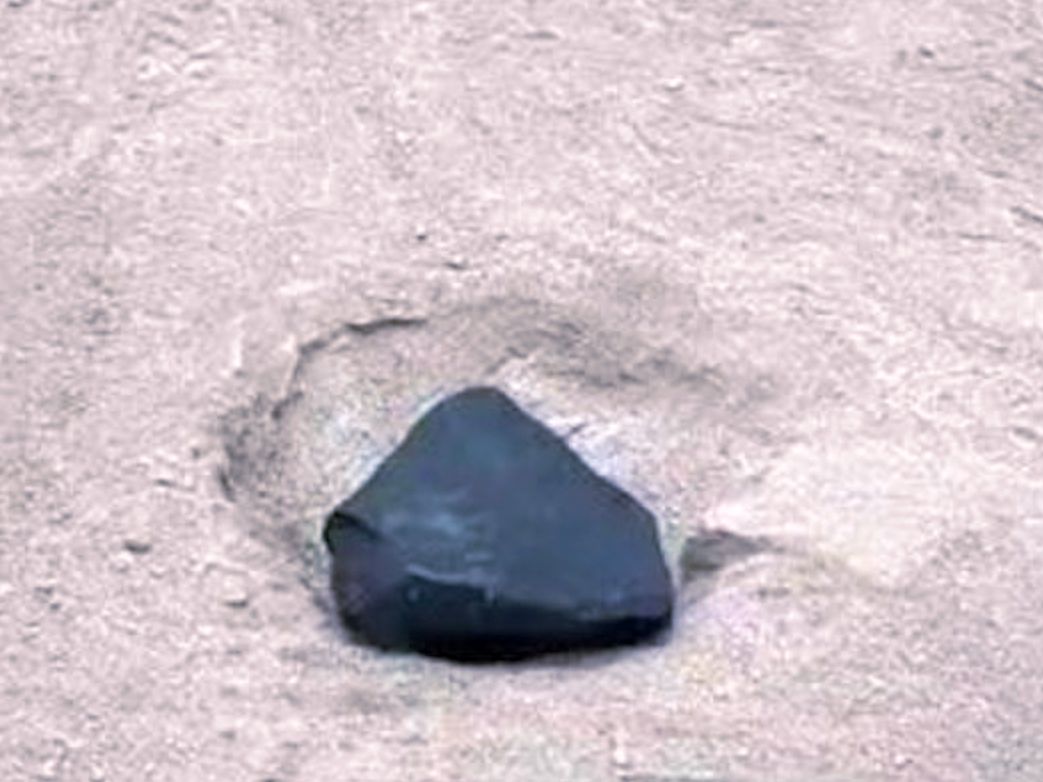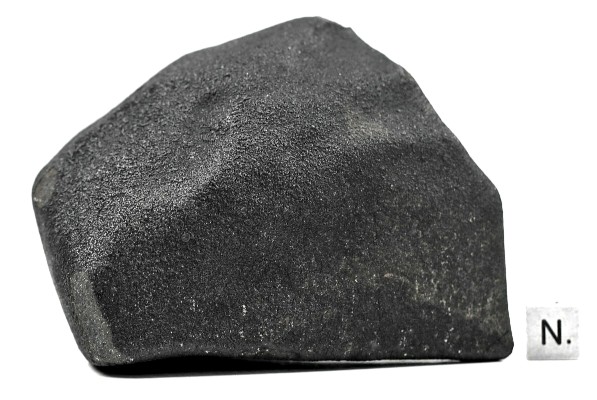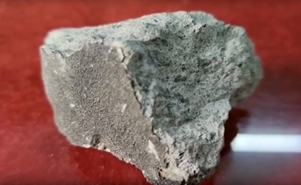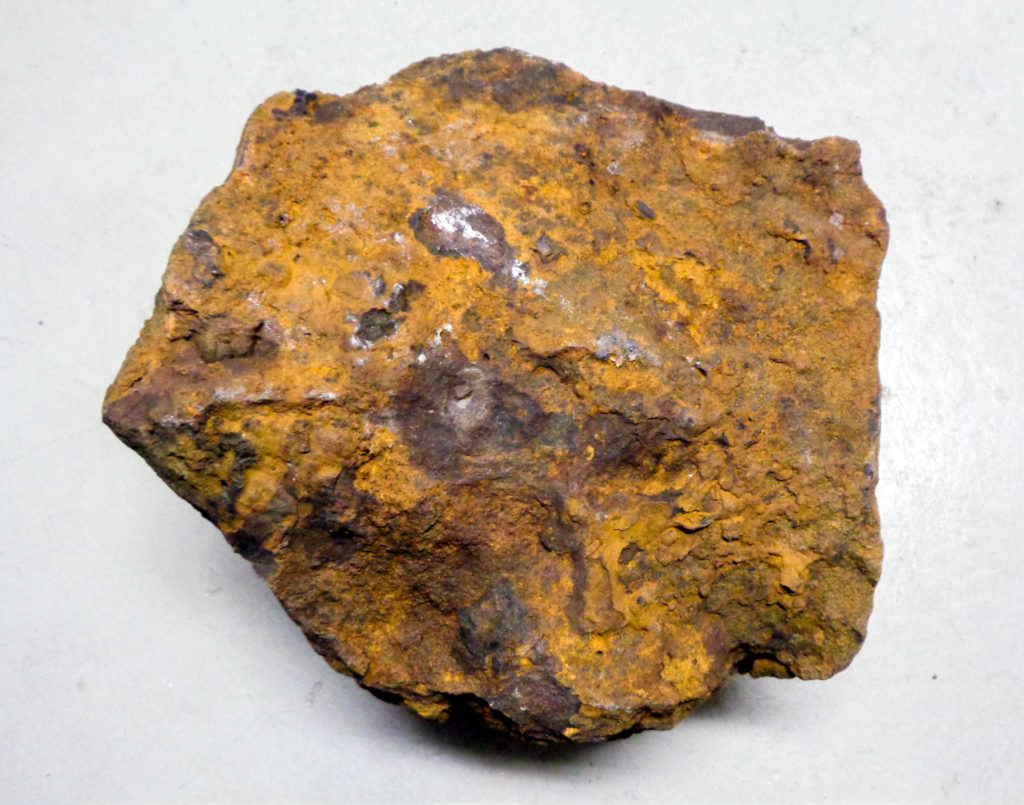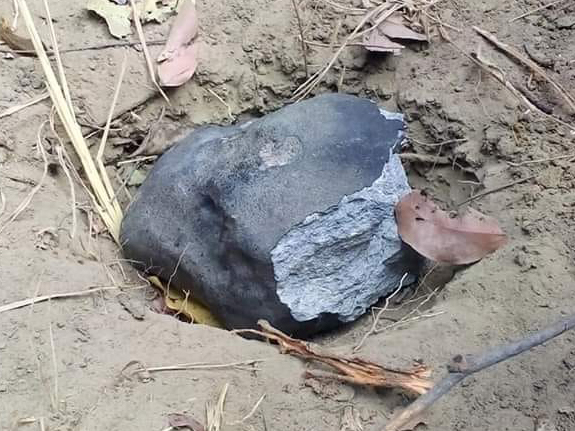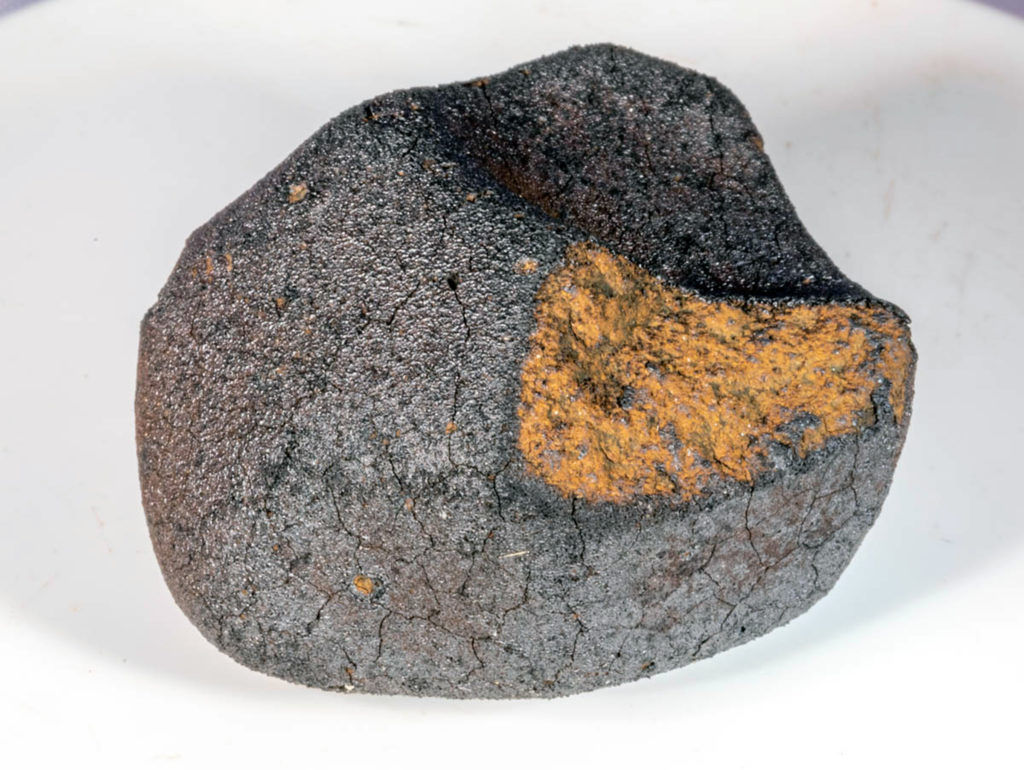ORIGIN: a novel and compact Laser Desorption – Mass Spectrometry system for sensitive in situ detection of amino acids on extraterrestrial surfacesOPEN ACCESS
Niels F. W. Ligterink, Valentine Grimaudo, Pavel Moreno-García, Rustam Lukmanov, Marek Tulej, Ingo Leya, Robert Lindner, Peter Wurz, Charles S. Cockell, Pascale Ehrenfreund & Andreas Riedo
Scientific Reports volume 10, Article number: 9641 (2020)
LINK (OPEN ACCESS)
PDF (OPEN ACCESS)
“For the last four decades space exploration missions have searched for molecular life on planetary surfaces beyond Earth. Often pyrolysis gas chromatography mass spectrometry has been used as payload on such space exploration missions. These instruments have relatively low detection sensitivity and their measurements are often undermined by the presence of chloride salts and minerals. Currently, ocean worlds in the outer Solar System, such as the icy moons Europa and Enceladus, represent potentially habitable environments and are therefore prime targets for the search for biosignatures. For future space exploration missions, novel measurement concepts, capable of detecting low concentrations of biomolecules with significantly improved sensitivity and specificity are required. Here we report on a novel analytical technique for the detection of extremely low concentrations of amino acids using ORIGIN, a compact and lightweight laser desorption ionization – mass spectrometer designed and developed for in situ space exploration missions. The identified unique mass fragmentation patterns of amino acids coupled to a multi-position laser scan, allows for a robust identification and quantification of amino acids. With a detection limit of a few fmol mm−2, and the possibility for sub-fmol detection sensitivity, this measurement technique excels current space exploration systems by three orders of magnitude. Moreover, our detection method is not affected by chemical alterations through surface minerals and/or salts, such as NaCl that is expected to be present at the percent level on ocean worlds. Our results demonstrate that ORIGIN is a promising instrument for the detection of signatures of life and ready for upcoming space missions, such as the Europa Lander.”

